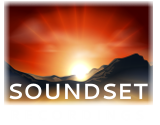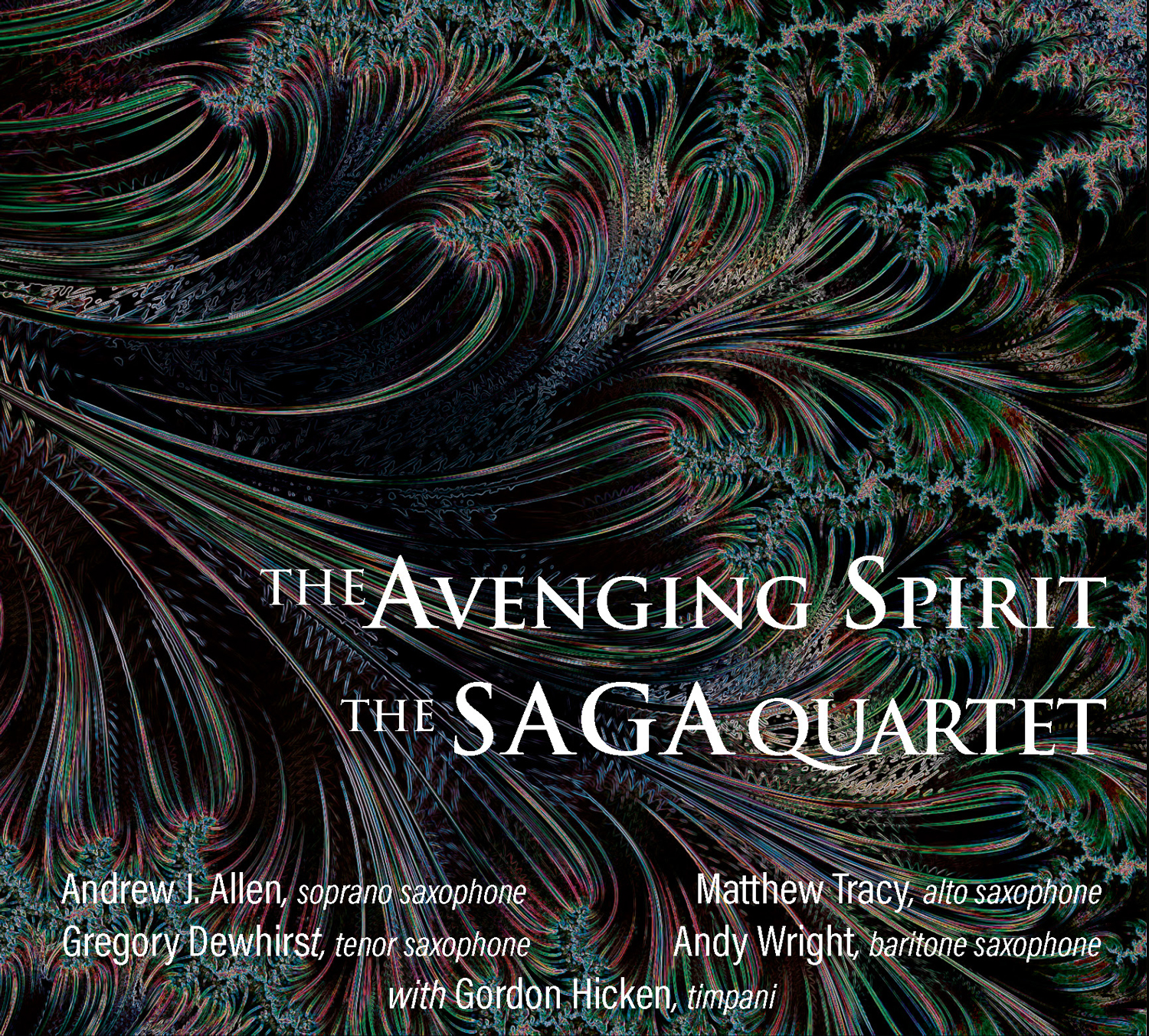All art is dependent on human connection: A connection between performer and audience, composer and performer. Without connection, there is no understanding. The bond of human to human is important at all levels. Perhaps no relationship is more important in music than that of teacher to pupil, transmitting the sacred art of music through time and place, to ever-greater degrees of innovation.
The saxophone is an instrument new to the world. Without the intervention of bold compositional minds, the instrument would still be languishing, instead of enjoying the rich, varied repertoire that it now possesses. One of the greatest artistic lights of the 20th Century, Paul Hindemith (1895-1963), saw the promise of the saxophone, writing for it in such works as the Konzertstück for two alto saxophones. Through his influence as a pedagogue, he also helped establish a continued history for the instrument.
One of Hindemith’s students was Bernhard Heiden (1910-2000). A native of Frankfurt, Heiden studied with the older composer at the Hochschule für Musik in Berlin. After initial success in his native country, the young musician fled in 1935 to Detroit, where he soon came into contact with virtuosic American saxophonist Larry Teal, yielding the Sonata for alto saxophone and piano in 1937. Following service as a U.S. Army bandmaster in the Second World War and graduate study at Cornell University, Heiden joined the faculty of the Jacobs School of Music at Indiana University. Here, he came into close contact with saxophonist and pedagogue Eugene Rosseau, for whom he wrote a wealth of literature, including Four Movements for Saxophone Quartet and Timpani (1976).
Heiden taught at Indiana until 1974 and had a large impact on a generation of composers. Among his students was Frederick Fox (1931-2011). A jazz and classical saxophonist, Fox was a native Michigander and student of Larry Teal. Following undergraduate studies at Wayne State University, he pursued graduate degrees in composition at Indiana University. He was subsequently appointed to the faculty at the same institution in 1974 and was promoted to chair of the composition department in 1981, retiring in 1994. Throughout his career, he wrote widely in a variety of mediums, but left behind a large body of works for his own instrument, including The Avenging Spirit (1989).
Among Fox’s students was David Dzubay, the current chair of the composition department at Indiana University, where he has taught since 1992. Dzubay’s music has been performed by ensembles of the highest caliber including the Atlanta, Boston, Cincinnati, Detroit, Minnesota, and St. Louis Symphonies. Like his teachers, however, he holds the saxophone in high regard, and has written widely and well for the instrument. An example of this is his first work for saxophone quartet, Di/Con[ver(gence/sions)] (1988).
Through connection, mixed with personal innovation, the saxophone has advanced. Between performer, composer, and audience, the instrument continues to grow. What will be the next step?
Produced by the SAGA Quartet
Engineered by Daniel Pardo
Recorded at Grayson College, Denison,Texas, May 12-14, 2019.



